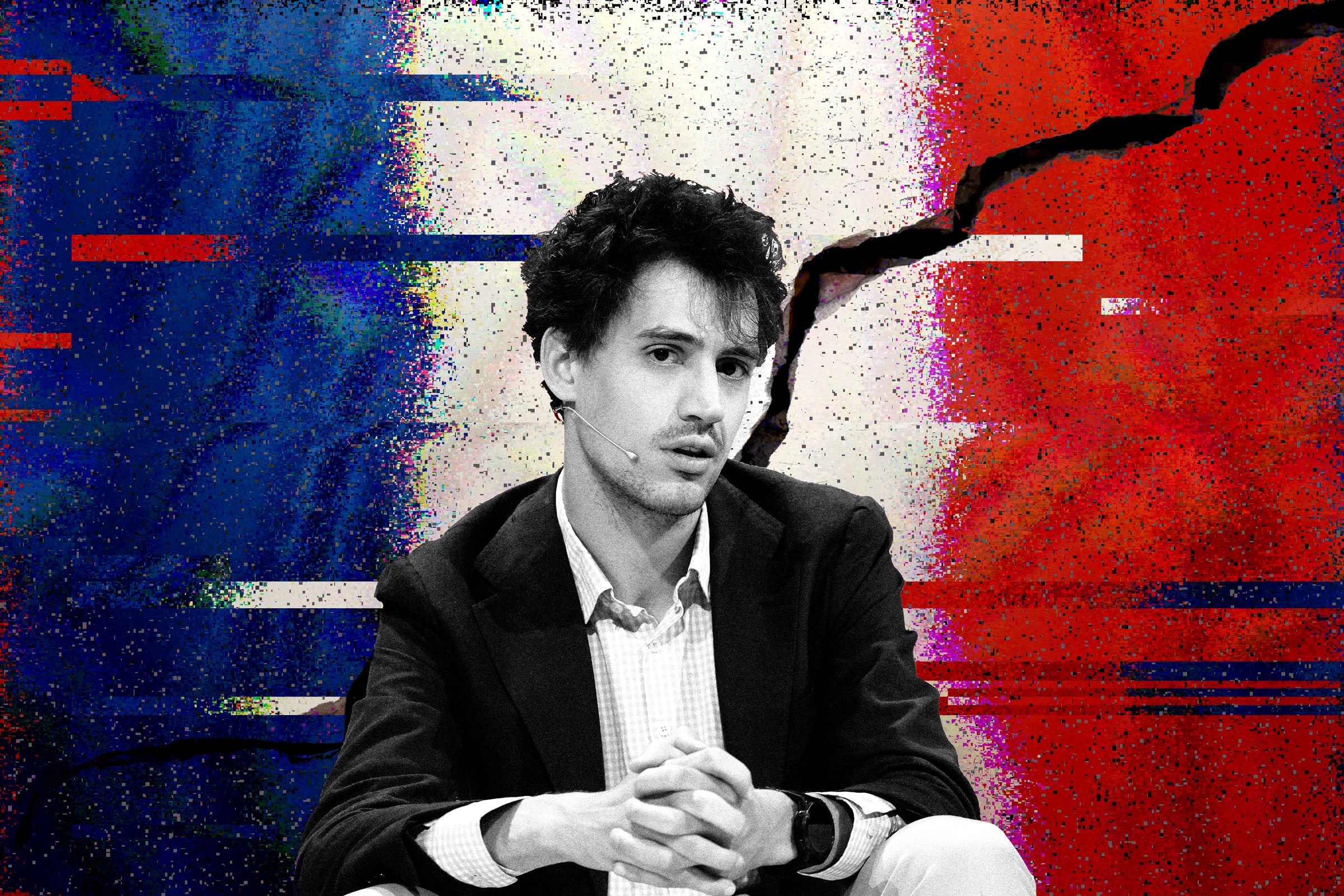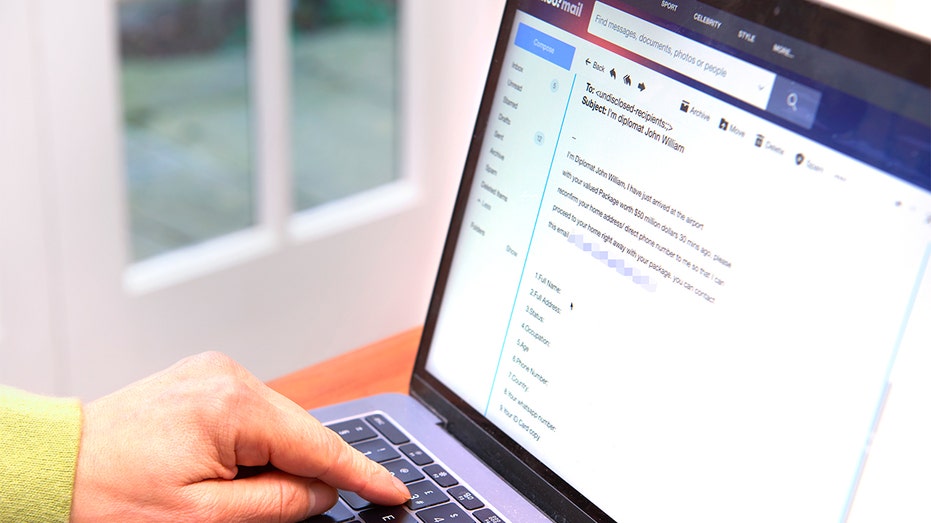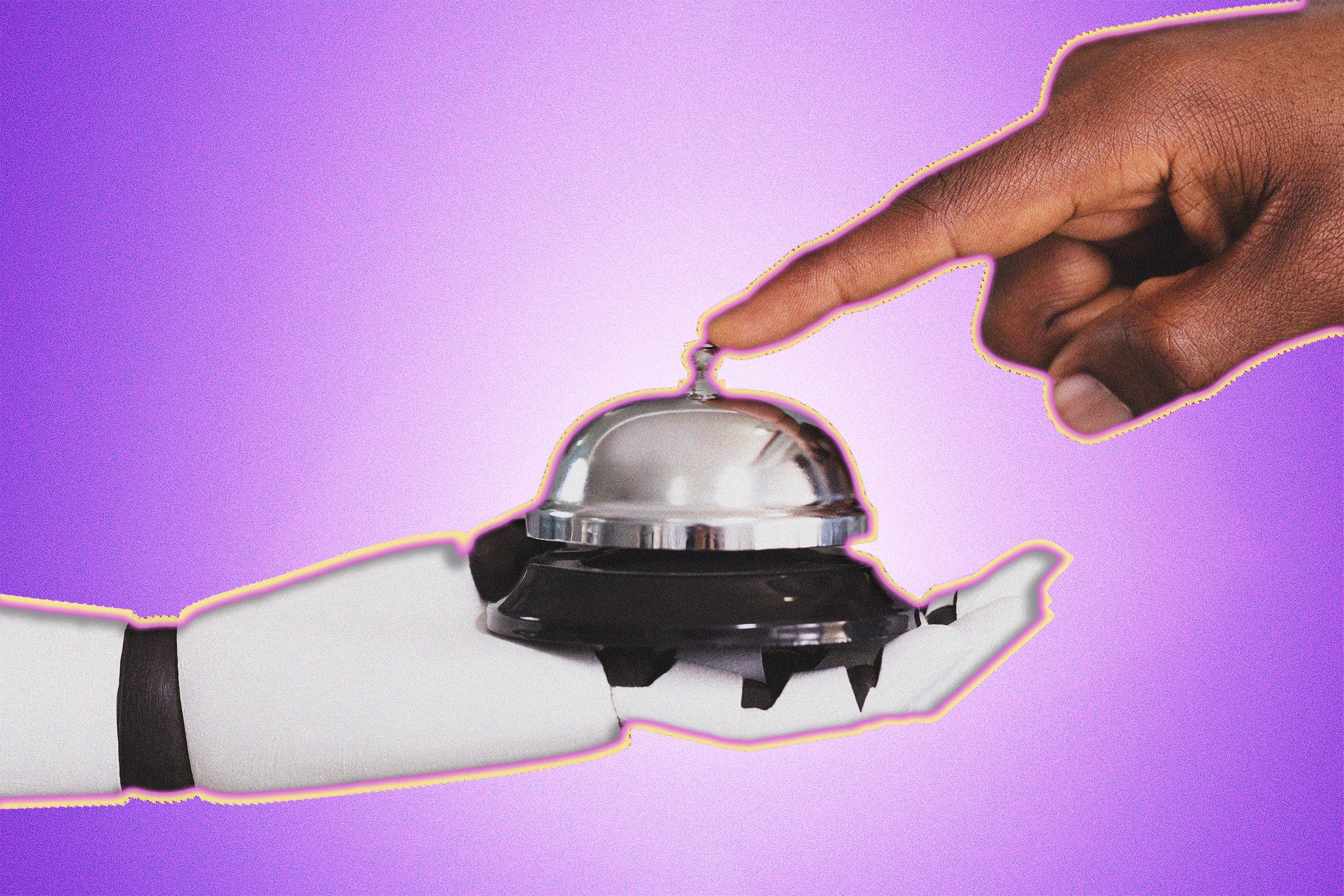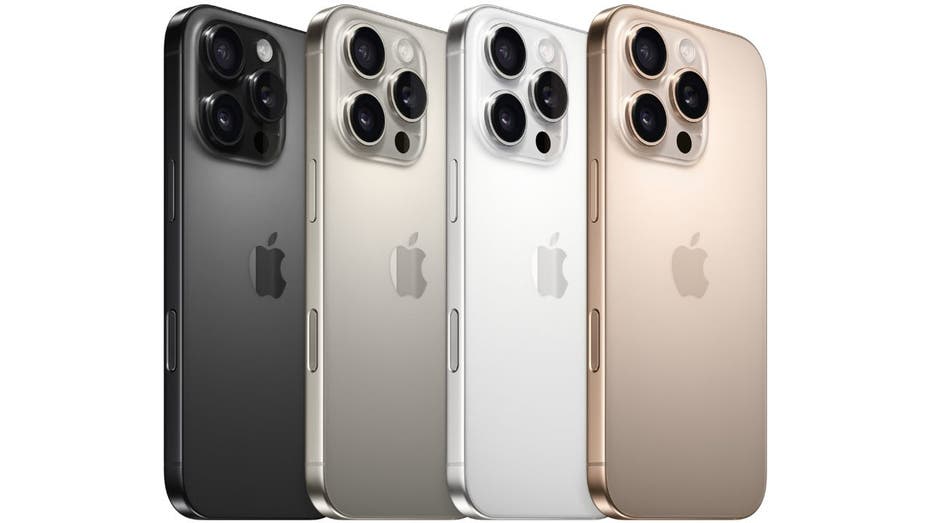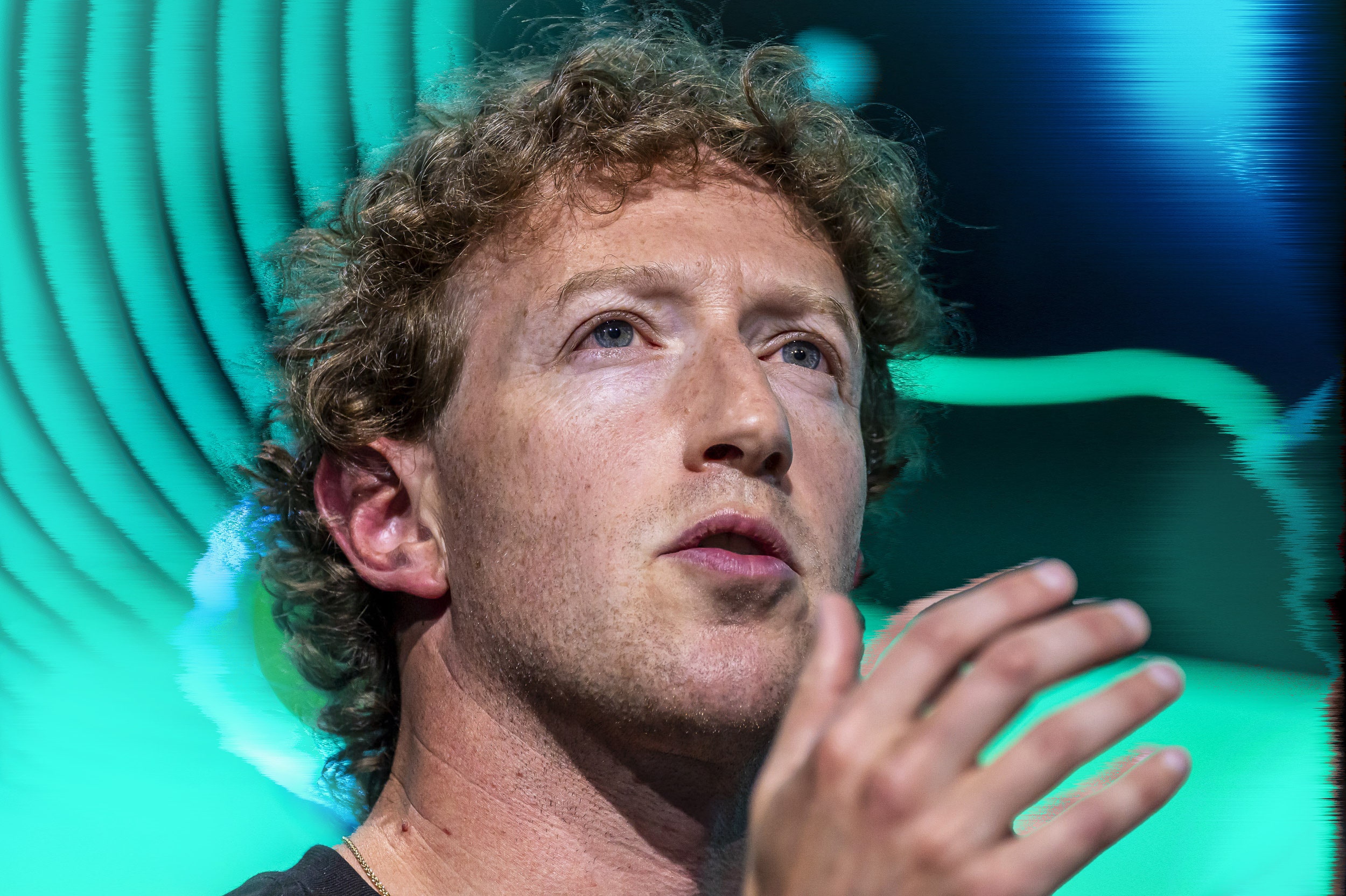French president Emmanuel Macron has spent years dreaming aloud of a homegrown artificial intelligence giant. The AI disruption is coming, he told WIRED in 2018, and “I want to be part of it.” After that interview, he campaigned hard to turn France into a startup nation, home to the kind of companies that could rival American and Chinese behemoths. Then in April 2023 an answer to Macron’s ambition appeared in the form of bushy-eyebrowed entrepreneur Arthur Mensch and the launch of his company Mistral AI.
Mistral’s ChatGPT equivalent, Le Chat, was met with feverishly high expectations when it launched in February 2024, and it did not take long for comparisons to be made between Mensch and his San Francisco rival Sam Altman. Both CEOs are in their thirties. Both companies received backing from Microsoft. Like Altman, Mensch was able to command vast amounts of capital: Mistral’s $6 billion valuation fell far short of OpenAI’s $80 billion price tag, but still—this was validation. To Macron, Mistral was a sign of French genius, and the president started talking about the country as an AI champion in waiting.
This optimism was contagious. French generative AI companies have raked in $2.3 billion in funding over the past decade—more than all their European competitors, according to a June report by VC firm Accel. Amid the Paris startup scene, there was a sense that the country’s AI industry was unstoppable.
Yet when Macron called a shock snap election earlier this month, the AI industry quickly began to fear that the progress of the past seven years could be lost thanks to campaign pledges that could have a knock-on effect on their talent pipeline, and turbocharge taxes.
On Sunday, French voters will cast their ballots in the first-round voting, which polls suggest pits an anti-immigration far right against a coalition including an anti-capitalist hard left, as Macron’s centrist alliance struggles to regain ground in third place.
“With the two options that are leading in the polls, we could take a real step back, which is quite scary and quite disheartening,” says Roxanne Varza, director of the Parisian startup campus Station F, launched by the billionaire and Macron ally Xavier Niel. “We are trying to pretend it’s not happening, but we’re all talking about it, and the discussion is always, unfortunately, which is the lesser of two evils?”
Now French AI and its prominent homegrown companies and nonprofits such as Mistral, Kyutai, Hugging Face, and H are facing an uncertain future. The status quo that was such a boost to the industry is being rejected by wide swathes of voters who, according to the polls, are instead drawn to parties promising to reintroduce wealth taxes (both far right and left), tax “super-profits” (the left), and restrict immigration (the right). In response, a gloominess has fallen across the industry, and the country which once spoke of ambitions to become AI’s European capital is now busy discussing how to survive a real setback.
Varza considers Marine Le Pen’s far-right National Rally a real threat to the immigration that the industry needs to compete internationally. Among the 1,000 startups based at the vast Station F tech campus, there are 65 nationalities, many of whom came to Paris on Macron’s French Tech Visa program, which allows non-European startup founders, investors, and employees to move to France with their families. The government even has its own office within the Station F campus to smooth the application process for founders.
